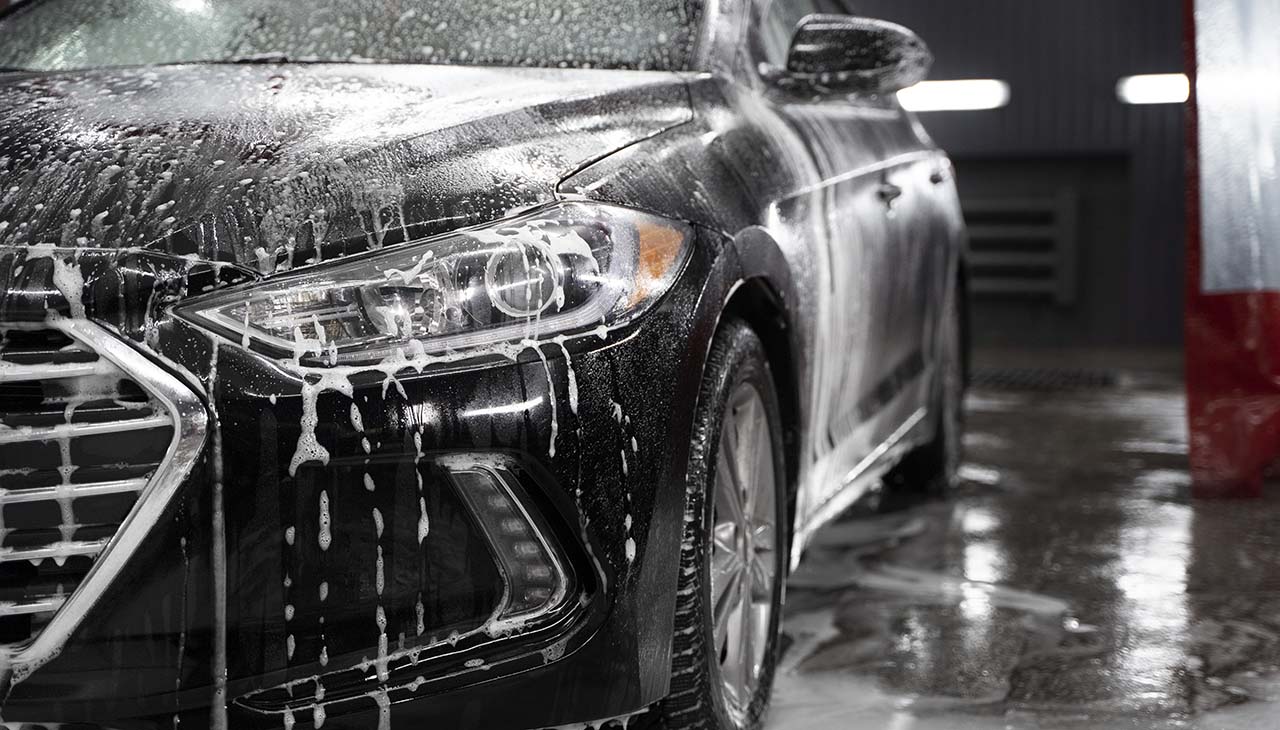Introduction
Owning a car comes with the responsibility of ensuring it runs efficiently and safely throughout the year. Seasonal car care is crucial, impacting not just the longevity of your vehicle, but also its performance. In this guide, we’ll explore how you can prepare your car for both winter and summer, maintain it year-round, and even take a DIY approach to car maintenance. Whether you’re a seasoned DIY enthusiast or new to vehicle upkeep, this article is packed with practical tips and insights tailored just for you.
The Importance of Seasonal Car Care
Taking the time to perform seasonal car care can make a significant difference in how your vehicle performs and how long it lasts. Each season brings its own set of challenges, from freezing temperatures in winter to scorching heat in summer. Neglecting these can lead to costly repairs or even compromise your safety on the road. By staying proactive about seasonal maintenance, you can avoid unexpected breakdowns and ensure a smoother, safer drive.
Impact on Vehicle Longevity
Regular seasonal maintenance helps prevent wear and tear on essential components like the engine, battery, and tires. By addressing seasonal challenges head-on, you’re not just keeping your car running smoothly; you’re extending its lifespan. A well-maintained car is less likely to suffer from mechanical failures, which means fewer trips to the repair shop and more years of reliable service.
Enhancing Performance
Seasonal car care isn’t just about longevity; it’s also about performance. From ensuring that your tires have the right tread for winter roads to making sure your AC is in top shape for summer, these small steps can dramatically improve your driving experience. A well-prepared car handles better, uses fuel more efficiently, and provides a more comfortable ride.
Safety First
One of the most critical aspects of seasonal car care is safety. Icy roads, heavy rain, and extreme heat can all pose risks. Properly maintained brakes, tires, and fluids help you avoid accidents and breakdowns, ensuring that you and your passengers stay safe no matter what the season throws at you.
Preparing for Winter
Winter can be harsh on your vehicle, but with the right preparation, you can keep it running smoothly. Here’s a comprehensive guide on winterizing your car.
Check the Battery
Cold weather can be brutal on your car’s battery. Low temperatures slow down the chemical reactions inside the battery, reducing its ability to hold a charge. Before winter hits, have your battery tested to ensure it’s in good condition. If it’s more than three years old, consider replacing it to avoid any cold-weather failures.
Switch to Winter Tires
Winter tires are essential for safe driving in snowy and icy conditions. They provide better traction and handling compared to all-season tires. Make sure to check the tire pressure regularly, as it can drop in colder weather, affecting your vehicle’s performance and safety.
Inspect the Heating System
A functioning heating system is crucial for both comfort and safety during winter. Check your heater, defroster, and rear window defogger to ensure they’re working correctly. If you notice any issues, get them fixed before the cold weather sets in.
Preparing for Summer
Just as winter requires special attention, summer also demands preparation. High temperatures can strain various components of your vehicle. Here are some tips to get your car summer-ready.
Maintain the Air Conditioning System
A well-functioning AC system is essential for staying cool during hot summer months. If your AC isn’t blowing as cold as it should, it may need a recharge or other maintenance. Check the refrigerant levels and replace the cabin air filter to ensure optimal performance.
Check Engine Coolant Levels
The engine can overheat easily in summer if the coolant levels are low. Regularly check the coolant levels and top them up if necessary. It’s also a good idea to have the cooling system flushed and refilled according to your vehicle manufacturer’s recommendations.
Inspect the Tires
Hot pavement can be tough on tires, increasing the risk of blowouts. Ensure your tires are in good condition with sufficient tread depth. Also, check the tire pressure frequently, as it can rise in hot weather, leading to uneven wear and reduced performance.
Year-Round Maintenance
While seasonal maintenance is crucial, there are also several tasks you should perform year-round to keep your vehicle in top shape.
Regular Oil Changes
Oil is the lifeblood of your engine. It lubricates moving parts, reduces friction, and helps keep the engine cool. Regular oil changes are essential to maintaining engine health. Follow your manufacturer’s guidelines for when to change the oil, typically every 3,000 to 5,000 miles.
Replace Filters
Air filters and fuel filters can become clogged over time, reducing your car’s efficiency and performance. Check these filters regularly and replace them as needed. A clean air filter ensures your engine gets the airflow it needs, while a clean fuel filter keeps contaminants out of the fuel system.
Brake Inspections
Brakes are one of the most critical safety features of your vehicle. Regularly inspect the brake pads, rotors, and fluid levels. If you notice any squeaking, grinding, or reduced braking power, get them checked by a professional immediately.
The DIY Approach
For those who enjoy taking a hands-on approach to car maintenance, here are some tips and precautions to keep in mind.
Essential Tools
Investing in a good set of tools can make DIY car maintenance more manageable and enjoyable. Some essentials include a socket set, wrenches, screwdrivers, pliers, and a jack. Having the right tools ensures you can perform basic tasks like oil changes and tire rotations safely and efficiently.
Safety Precautions
Safety should always be your top priority when working on your vehicle. Make sure your car is parked on a level surface and use jack stands when lifting the vehicle. Wear gloves and safety glasses to protect yourself from chemicals and debris. Always follow the manufacturer’s guidelines for any maintenance tasks you undertake.
Start with Simple Tasks
If you’re new to DIY car maintenance, start with simple tasks like changing the oil, replacing the air filter, or checking the tire pressure. As you gain confidence and experience, you can move on to more complex tasks like brake pad replacements or coolant flushes.
Conclusion
Seasonal car care is essential for ensuring your vehicle remains in peak condition year-round. By preparing for winter and summer, maintaining your car regularly, and even taking a DIY approach, you can extend your vehicle’s lifespan, enhance its performance, and ensure your safety on the road. Remember, a little effort now can save you a lot of hassle and expense down the line.
Ready to take the next step in caring for your vehicle? Schedule a full car maintenance check today and experience the peace of mind that comes with a well-maintained car. Happy driving!

